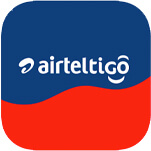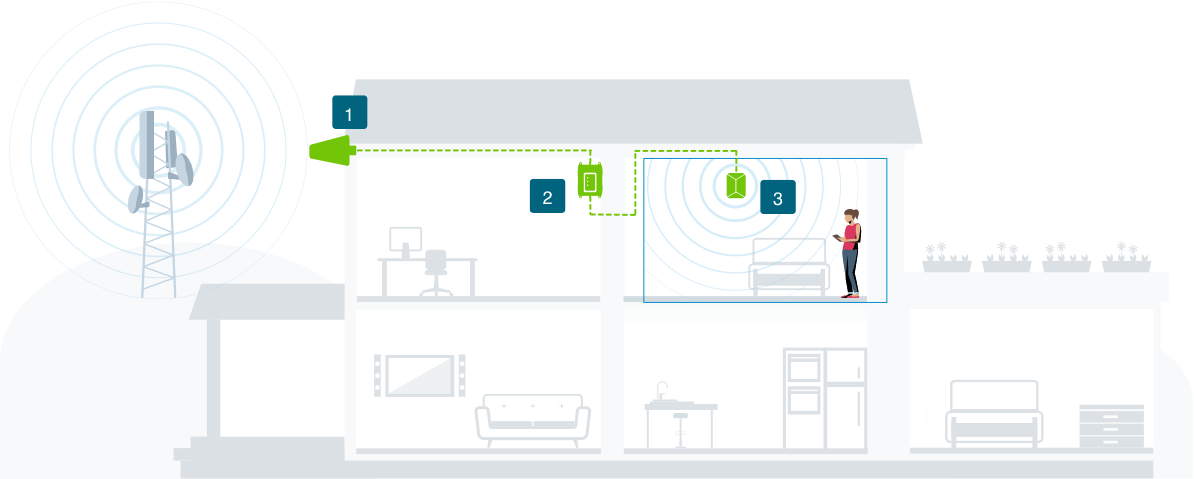Like to stay in the know?
Sign up and we'll send you info hot off the press.

No. They're completely different products.
An Airtel Network Extender needs to be connected to a broadband landline internet to work. In short, it acts as a personal cell tower by converting your broadband landline to cell signals and vice versa.
A Airtel Signal Booster takes your pre-existing weak cell signals, and amplifies that 3G & 4G LTE into your home, office, or car. Think of it like a megaphone, it enhances the signal for your phone to pick up.
An AirtelTigo Signal Booster and here's why:
A AirtelTigo Network Extender needs internet (in-home WiFi router) to work. It requires a minimum speed up of 10 Mbps downlink and 5 Mbps uplink to provide reliable service.
But here is the downside:
But if you don't have a landline internet service provider nor have access to it–especially rural areas, then a AirtelTigo booster is the best choice, since it doesn't require any type of internet or WiFi service to work.
It simply reaches farther to the nearest cell tower, bypasses multiple interference, and brings stronger signal to your phone.
Absolutely.
Airtel mobile hotspot routers use 3G & 4G LTE signals, and that's what signal boosters do: enhance 3G & 4G LTE signal!
From the Airtel Wifi Router to MiFi, it'll get better signal and speeds, especially if the Airtel 4G router has an external antenna port that can directly connect to the Airtel signal booster
Yes, yes, and yes.
Whether it's an iPhone, Galaxy, Pixel, or any phone, if it's working on the Airtel network, then a signal booster will also improve reception to your phone.
Our AirtelTigo signal boosters from Wilson Electronics (weBoost & WilsonPro) are multi-network systems. This means they are also compatible with MTN, Vodafone and Busy, and other major and African networks.
They are future-proof!
The 5G standard has not been officially set by the 3GPP. Therefore carriers like AirtelTigo are pre-building our their 5G services by upgrading their current 4G LTE and giving it names like 5G Evolution, First on 5G, 5G+,etc.
But no, it's not the real 5G. It's pre-5G, fake 5G– it's literally 4G LTE on steroids.
The real 5G should start to launch by the end of 2021.
No
4G LTE is still being built out across Africa. If fact, 4G LTE is the backbone of the continent’s wireless service. It's not going anywhere anytime soon, AND it's getting faster.
4G LTE is expected to peak in 2030-2035. So...come back in a decade and ask the same question and we might have a different answer by then.





